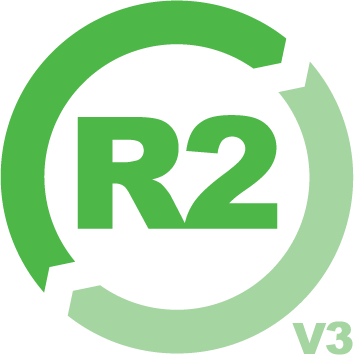Introduce yourself: Your position/title, what your company does, and what you do at your company.
I’m the Director of Infrastructure and Data Centers at a telecommunications company. We primarily focus right now on UCaaS offerings, Unified Communications as a Service. Our company has been in business for 20+ years and I’ve been with the company for about five, well five as of this week.
What made you consider using Third-Party Maintenance (TPM) in the first place?
We have to in a lot of cases. In a lot of cases, we run hardware for a lot longer than manufacturers want to support it. And that works for us. We are primarily a virtualized infrastructure, virtual by default for everything. There are only very few exceptions. We get a lot of life out of our Cisco infrastructure that we run behind that. We can purchase one generation or two generations back on virtual hardware and in a lot of cases, that’s not supported or supportable through the manufacturer. TPM allows us to continue to run and maintain that stuff. It wouldn’t be possible otherwise.
What are the biggest risks you had to consider before using Alternative Maintenance?
The biggest risk for us, in some cases, we don’t get manufacturer updates to code. For Cisco, it’s not so important because they will release their firmware updates to everyone. But in the case of HPE and 3PAR, they only release their updates to people that are under manufacturer support. We choose to keep one or two systems under support for those reasons.
What was the largest benefit of your company using Alternative Maintenance?
Cost savings. Cost savings for one, on the equipment where we could still get manufacturer support. But in some cases, like I said, that was our only avenue in other, older hardware cases.
How do you decide to put some hardware under Alternative Maintenance and not others?
Really, any used or aging hardware we’ll put under TPM. Our infrastructure is pretty redundant so we self spare a lot of stuff that’s in production. We self spare stuff in data centers that’s not in production, so we can handle most outages ourselves like that. But the only instance where we will not put something under TPM is, like I said, where we have to have firmware updates and things regularly.
Have you ever regretted putting any hardware under Alternative Maintenance?
So far, no. TPM is part swap, and I think some people miss out or feel that they miss out on having real deep engineering calls when a development-type issue or bug-type issue comes up. But my staff is pretty good at supporting themselves through that. Cisco, which is our main compute vendor behind our platforms, is pretty good at publishing bugs and bug fixes as they come up, so we’re good at finding and researching those ourselves. It’s been great for us.
Aside from obvious cost savings, what was the biggest benefit of Alternative Maintenance? You kind of covered this already, but is there anything else you would add?
Another benefit for me and my group is having one place to go for the most part for the support of hardware. We know who we’re going to. We know what kind of response we’re going to get. When we mix in HPE and 3PAR, and the various other networking layer support groups that we deal with there, it’s a mixed bag sometimes in the reaction we get and the response time we get, and then even finding sometimes who supports one piece of hardware. In the past, it’s been a little crazy, but having almost all OEM’s through TPM support and knowing who to call immediately for everything is an advantage as well.
Do you think there’s a place for Alternative Maintenance in almost every data center?
I can’t imagine a place where there’s not. Unless it’s a data center where they’ve got a really good hardware refresh cycle and they’re refreshing new every three years. But, I’ve been doing this for 20 years and I haven’t been a part of a group that’s really good at practicing hardware lifecycle. I’m sure they’re out there, I just haven’t seen them.
Based on your experience with ReluTech, would you choose Alternative Maintenance again in the future?
Absolutely. Yeah, no question.
